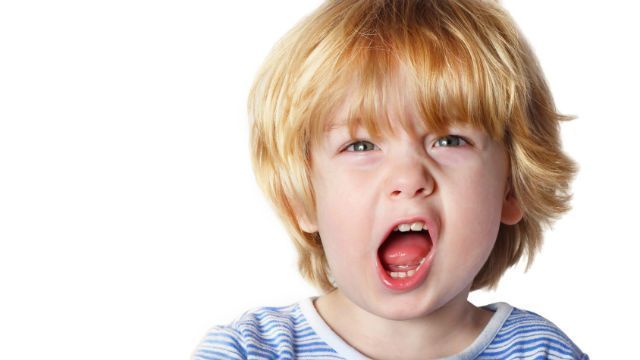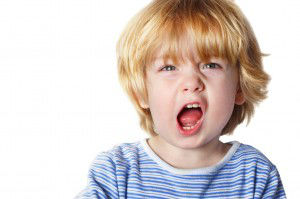
Scientists used to believe that language-related frustrations are what led to aggression in toddlers, but new research is now changing this perspective: your behavior and genetics may also play a role in whether or not a child is aggressive.
Knowing this, parents must be mindful of their interactions with their toddlers, to help teach them that aggressive behaviors are not acceptable.
Are you fueling aggressive behavior in your toddler?
The new research points to the fact that affectionate behaviors between a parent and a toddler may help to reduce aggression and stimulate language learning in children. So, while reducing aggression via affection may help to facilitate language learning, this research suggests that the previously held notion that poor language skills cause aggression could be null and void.
Scientists also think that children with good language development and low levels of aggression will also encourage more affection between a parent and a child. Because of this, it is important to get aggression under control using affection, as well as other methods, that encourage positive parent-child interaction.
How to help your toddler to release aggression in a healthy way
While kicking, biting and hitting does help a child to release some aggression, these come with many negative consequences. You want to do things to help your toddler to learn coping skills for aggression, while also helping him or her to avoid becoming aggressive in the first place.
Since this study shows that language issues may not be the cause of aggression, you will need to take a multifaceted approach to discourage aggression in your toddler:
- Do not overreact when your toddler exhibits aggressive behavior, because if you react, your toddler will know that this type of behavior gets a response out of you.
- When it comes to play, do not allow the entrance of aggression. For example, if you see your toddler making two cars crash or making dolls hit each other, calmly intervene and tell your child that it is not nice to do those things.
 You have to be firm when you are discouraging this type of behavior. With minimal reaction, tell the child that their action – biting, hitting or something similar – is not what people do and remind them that it hurts. After this quick talk, remove them from the situation.
You have to be firm when you are discouraging this type of behavior. With minimal reaction, tell the child that their action – biting, hitting or something similar – is not what people do and remind them that it hurts. After this quick talk, remove them from the situation.- Know the things that cause your child to get aggressive and work to avoid them as much as possible.
- Make sure that your toddler has a positive way to release aggression and energy, such as taking him or her outside to kick a ball or allowing them to hit a bean bag.
Aggression is something that most toddlers do grow out of, but you want to help them along by discouraging this type of behavior. If you allow it to happen, there is a chance that it could become habit for some children – something you definitely do not want.
-The Alternative Daily
Sources:
http://www.sciencedaily.com/releases/2014/12/141209101044.htm
http://www.nouvelles.umontreal.ca/udem-news/news/20141209-are-you-helping-your-toddlers-aggressive-behaviour.html
http://www.whattoexpect.com/toddler-behavior/aggressive-behavior.aspx

